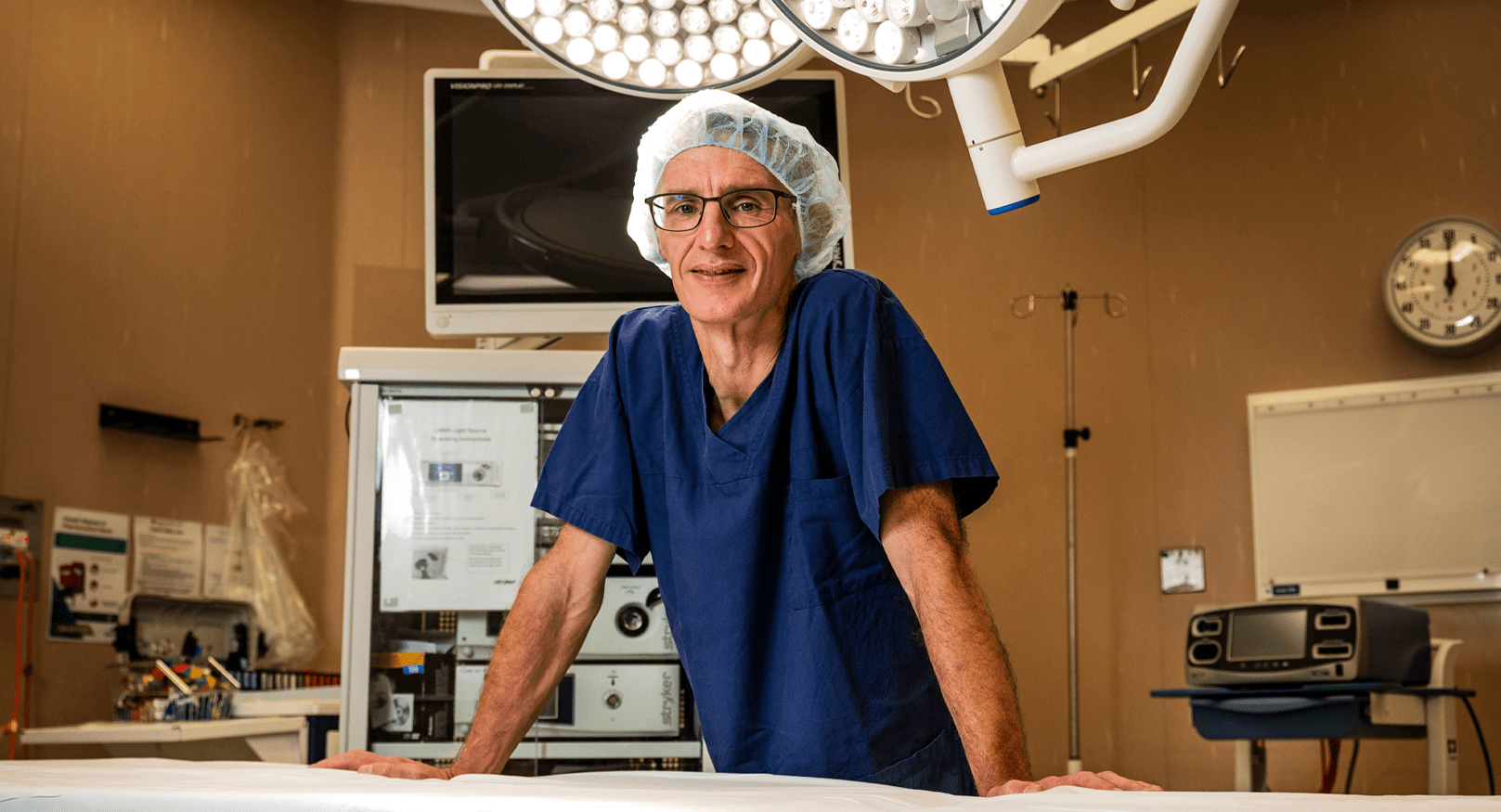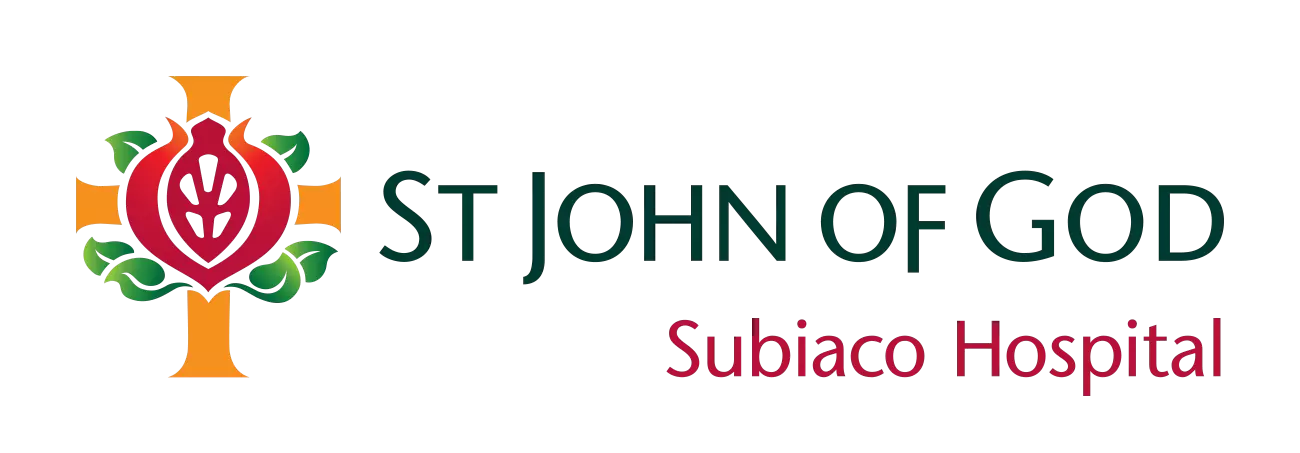Ask a question or Book an Appointment
Please fill in the online enquiry form to ask a question or book an appointment. We look forward to seeing you soon.
OR CALL TODAY ON

Gastric Bypass Surgery FAQs
Gastric bypass surgery is one of the most effective treatments for patients suffering from morbid obesity. It is often a good option for those who have had no success with weight loss through non-surgical methods. During the procedure, the size of the stomach is decreased so that only small portions of food can be consumed and part of the intestines are bypassed so that less calories are absorbed by the body.
Bypass surgery is often suited to patients who are morbidly obese or overweight with a co-morbid condition. This surgery is also often used for revisional surgery for patients who have had gastric band or gastric sleeve surgery and regained the weight.
Gastric bypass surgery helps patients lose weight in a number of ways. The amount of food which can be consumed is limited, the amount of calories that the body can absorb is restricted, and the level of gut hormones is altered, which means that patients generally feel fuller after small meals.
Gastric bypass surgery carries several risks, including infection, bleeding, blood clots, malnutrition, dumping syndrome, hernias, and, in rare cases, death. The risks can vary depending on the patient’s health and medical history, and it’s important to discuss them with a qualified healthcare professional before deciding to undergo the procedure.
Gastric bypass and gastric sleeve are both effective weight-loss surgeries that can help people with obesity improve their health and well-being. They differ in their approaches and extent of weight loss. A gastric bypass creates a small upper stomach pouch, while a gastric sleeve removes a large part of the stomach. Gastric bypass can result in significant and fast weight loss, but it may have a higher risk of complications. The choice between these surgeries should be based on factors such as the patient’s health, weight loss goals, and lifestyle, and a healthcare professional can help determine the best option.
After gastric bypass surgery, weight loss typically occurs most rapidly during the first few months, with some patients losing up to 30–50% of their excess weight within the first six months. The amount and rate of weight loss can vary from person to person and depend on several factors, such as the individual’s pre-surgery weight, adherence to post-surgery dietary and exercise recommendations, and overall health. It’s essential to discuss realistic weight loss expectations with a qualified healthcare professional before undergoing gastric bypass surgery.
The time required off work after gastric bypass surgery varies individually, but typically, patients need 2-4 weeks for initial recovery. This period allows for healing and adjustments to new dietary habits. The duration may be extended, especially for those in physically demanding jobs, as activities like heavy lifting are not recommended for at least 4-6 weeks. The exact recovery time depends on factors such as the type of surgery, personal health, and the nature of your job. Some patients opt for a gradual return, starting with part-time work. It’s essential to adhere to the surgeon’s guidance and consider follow-up appointments in your recovery plan. Each person’s recovery process is unique, and consulting with your healthcare provider for tailored advice is crucial for a safe and effective recovery.
After weight loss surgery, your diet will progress through several stages, starting with a liquid diet immediately post-surgery, then moving to pureed foods, and eventually to soft foods before transitioning to a regular, nutrient-rich diet. This diet is typically high in protein and low in fat, sugar, and calories, with an emphasis on small, frequent meals to accommodate the reduced stomach capacity. Hydration is important, but avoid drinking 30 minutes before and after meals. You’ll likely need lifelong vitamin and mineral supplements due to changes in nutrient absorption. It’s essential to eat slowly, chew thoroughly, and be mindful of satiety cues to avoid discomfort. Regular follow-up with a nutritionist or dietitian is crucial to ensuring your diet meets your nutritional needs and supports your weight loss goals. Always adhere to the specific guidelines provided by your healthcare team tailored to your surgery type and individual health.
After bariatric surgery, significant lifestyle changes are essential for successful weight loss and long-term health. This includes adopting a balanced, nutrient-rich diet with small, frequent meals; engaging in regular, gradually intensifying exercise; staying well-hydrated while avoiding fluids around meal times; abstaining from unhealthy habits like smoking and excessive alcohol consumption; and diligently attending follow-up medical appointments. Additionally, taking prescribed vitamin and mineral supplements is crucial due to altered nutrient absorption. Emotional well-being is also important, so seeking mental health support and connecting with bariatric surgery support groups can be beneficial. Overall, these changes require a lifelong commitment to maintaining healthy habits and working closely with healthcare professionals to ensure the best outcomes.





